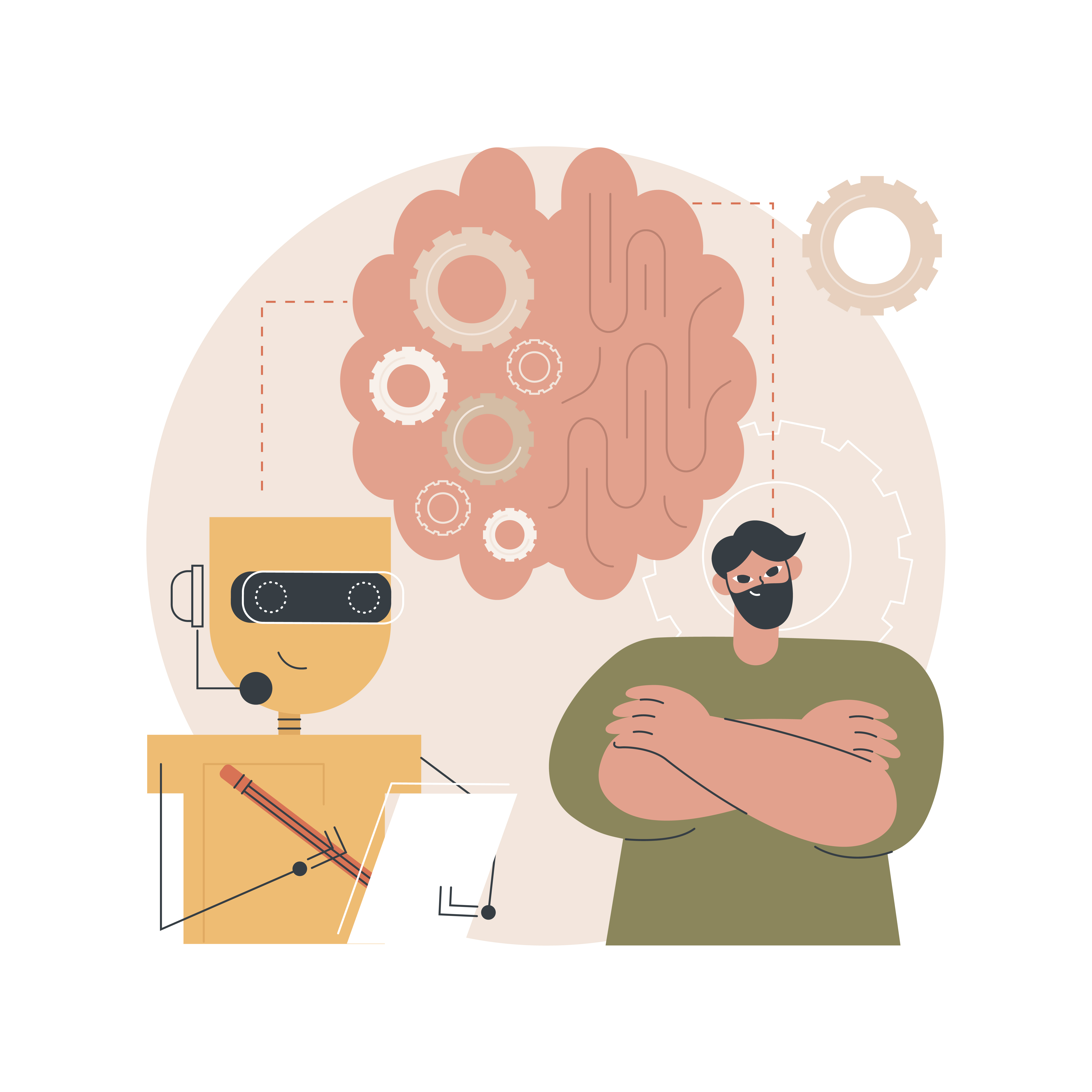Teamwork is a fundamental and crucial aspect of IT services, playing a central role in the successful delivery of IT projects and services. In the IT industry, projects are often complex and require a diverse set of skills and expertise.
Teamwork is a fundamental and crucial aspect of IT services, playing a central role in the successful delivery of IT projects and services. In the IT industry, projects are often complex and require a diverse set of skills and expertise.
Here are some key roles that teamwork plays in IT services:
1. Collaboration and Knowledge Sharing: IT teams are composed of individuals with different specializations, such as software development, system administration, network management, and cybersecurity. Teamwork encourages collaboration and knowledge sharing among team members. This allows team members to leverage each other's expertise, leading to better problem-solving and more innovative solutions.
2. Efficient Project Management: IT projects typically involve multiple tasks, deadlines, and dependencies. Effective teamwork allows for better project management, task allocation, and monitoring. It ensures that each team member understands their role and responsibilities, leading to more efficient project execution.
3. Cross-functional Expertise: IT services often require a combination of skills from different areas. By working in teams, IT professionals can pool their cross-functional expertise to address complex challenges that require a holistic approach.
4. Creativity and Innovation: Teamwork fosters an environment where diverse ideas and perspectives can be shared freely. This promotes creativity and innovation, leading to the development of unique and effective solutions to IT problems.
5. Quality Assurance and Testing: In IT services, thorough testing and quality assurance are crucial to ensure the reliability and functionality of software and systems. Team members can collaborate to perform comprehensive testing, identify bugs, and address issues before the final deployment.
6. Flexibility and Adaptability: IT projects may encounter unexpected challenges or changes in requirements. Teamwork allows for greater flexibility and adaptability, as team members can collectively adjust their approach and strategies to meet changing circumstances.
7. Risk Management: IT projects can involve various risks, such as security vulnerabilities, data breaches, or system failures. Teamwork enables proactive risk management, as team members can assess risks collectively and implement appropriate measures to mitigate them.
8. Support and Professional Development: Teamwork provides a supportive environment where team members can seek guidance, share experiences, and learn from each other. This promotes continuous professional development, helping individuals grow in their respective roles.
9. Communication and Client Interaction: Effective communication is essential in IT services, both within the team and when interacting with clients. Teamwork encourages open communication channels, making it easier to address concerns, clarify requirements, and keep clients informed about project progress.
10. Building a Positive Work Culture: A strong sense of teamwork fosters a positive work culture within IT services organizations. This enhances job satisfaction, employee engagement, and overall morale, leading to higher productivity and better results.
In summary, teamwork is the backbone of IT services, enabling efficient project execution, fostering innovation, and promoting a collaborative work environment. By working together, IT professionals can leverage their collective skills and knowledge to provide high-quality and effective solutions to meet the needs of clients and organizations.








0 Comments